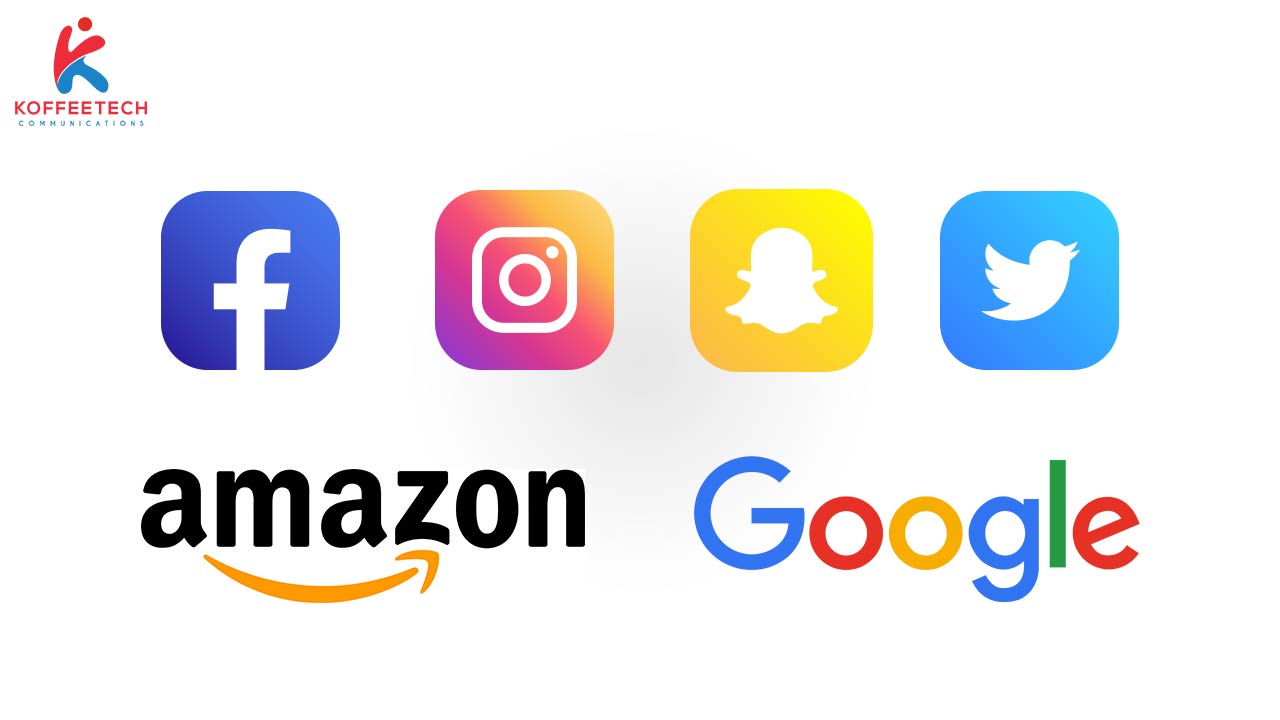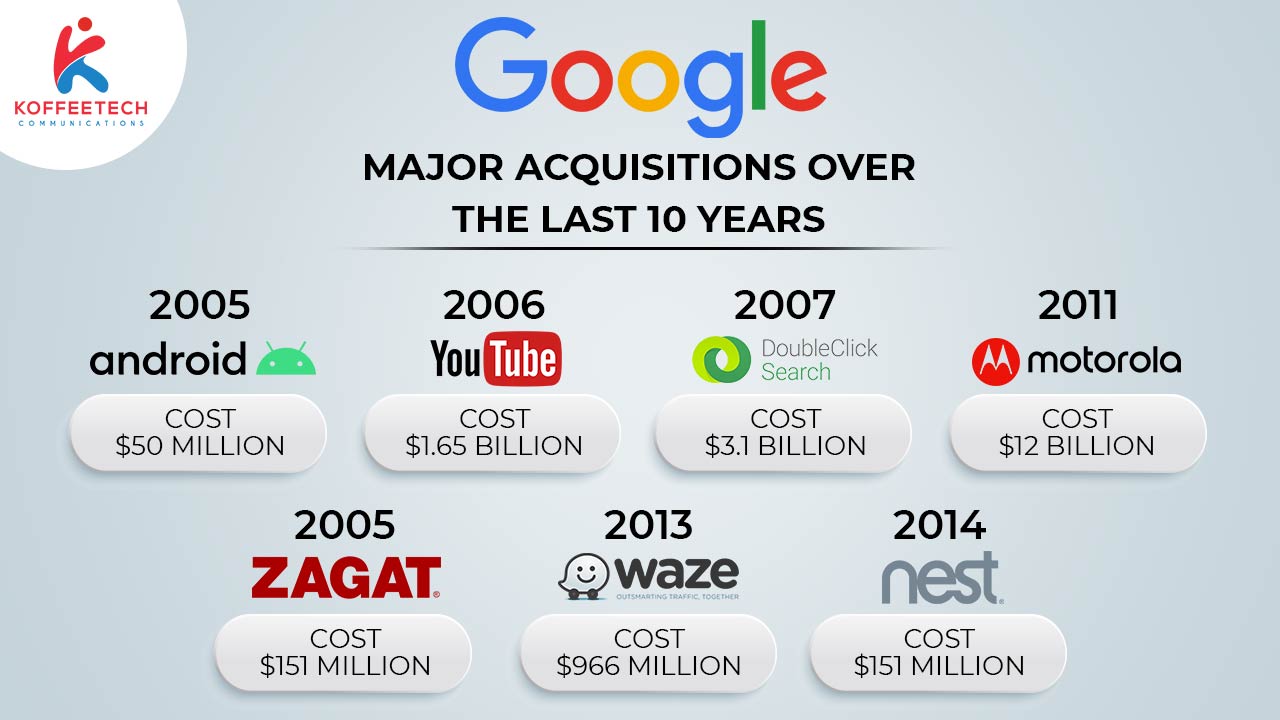If you’re looking to build a start-up from scratch and are wondering what your odds of being successful are – This is just the blog for you!
We will be discussing what start-ups are, what are the different kinds of start-ups, important statistics you should be aware of before launching your start-up and what are the biggest mistakes that start-ups make and you should avoid.
Let’s start with what a start-up essentially is.
WHAT IS A START-UP
A start-up is usually started by a founder to eliminate an existing problem that has scope for a successful business opportunity and impact. The start-up’s main aim in this form is to be able to find a solution to this problem by developing and manufacturing a product or offering a service.
One of the most important parts of founding a start-up is to find a co-founder, who is just as passionate, skilled and committed to solving the problem being focused on before being able to make the start-up a stable and self-sustained business.
From innovation to building an idea of a product or service that solves the problem and having a strong fully functional business model is what a start-up is all about.
As Steve Blank put it in a sentence “Start-up is an organization designed to search for a repeatable and scalable business model.\”
KINDS OF START-UP’S
Silicon Valley Entrepreneur, Steve Blank, has segregated start-ups into 6 types.
- Lifestyle start-ups
- Small businesses
- Scalable start-ups
- Buyable Start-ups
- Large company start-ups
- Social start-up’s
We will deep dive into each one of them, so you can decide what kind of start-up you want to build and understand what you will need to build them.
1. Lifestyle start-ups

When a business creates a business out of a certain hobby, adventure etc. For example, people on beaches opening small shops to teach surfing and rent surfboards or People good in art, craft or jewellery making, start their little workshop to teach people to make art and jewellery.
The whole purpose of these start-ups is to be able to keep doing what they love. So they make a business out of it, so they can keep pursuing what they love doing.
2. Small businesses

Most of these start-ups are barely profitable. They are usually started as a family owned business with its only goal being “feeding the family”. They work just as hard as any scalable start-up and hire local families and people to work for them.
These businesses create local jobs and are as much an entrepreneurship as any business. They don’t aim to be big, and just want to provide their families with a comfortable living.
3. Scalable start-ups

Scalable start-ups usually group together in innovation clusters, for instance Silicon Valley.
They are more often in the tech category, because as the name suggests they can grow exponentially over the years while keeping their incremental costs to a bare minimum.
Facebook, Instagram, Snapchat, Twitter and Google, Amazon, etc are all great examples of scalable start-ups.
Venture capitalists and investors also tend to favour technological start-ups over service start-ups. Scalable start-ups usually scale after they are confident, they will get a substantial return on investment on their investment.
Very few start-ups actually fit in this category, but because of their size returns they tend to attract a lot of press and risk capital.
4. Buyable Start-ups

The whole purpose of these start-ups is to be sold. In the last decade or so many start-ups have been sold to giant tech conglomerates like Google and Facebook. Their whole goal is to sell their products for a $ 5 – 50 million. These start-ups develop their own products, launch it and successfully create a following for it. Their success is what attracts bigger companies to acquire them.
5. Large company start-ups

Changes in customer tastes, or new laws and legislation, new technologies, new trends and new competition force companies to look for newer opportunities in the market to target a newer audience with new products. This is so that they can continue to grow and make steady profits in the market. Once their original product reaches the end of their life cycle, they have to invent new products to stay sustainable in the market.
Some large company start-ups are Apple, Android, Google, etc.
6. Social start-up’s

Like the name suggests, social start-ups are businesses with a social interest in mind. They are started by socially ambitious people who want to make a change in the world around them. These start-ups can be profit, non-profit, or a combination of both called hybrid. These start-ups are usually funded by donations and have an objective of building a like-minded community. Teach for India is one such organisation. This kind of start-up is considered successful if they can make a change in the society rather than their profit margins.
START-UP STATISTICS YOU MUST KNOW [as listed by Forbes]
- Start-ups that have a mentor grow 3.7 times faster and raise 7 times more money.
- More than 70% start-up founders realise that their idea that they formerly thought was unique and innovative, doesn’t add up to much if not properly executed
- A technical co-founder helps a team perform 230% better in enterprise companies since products that serve enterprises require a higher level of technical performance.
- Start-ups that are founded by non-technical teams usually outperform technical founders of consumer companies by 31%.
- Validating a business model takes 2 to 3 times longer for founders than they first anticipate.
- 42% innovations fail because of a long developmental time and 32% of those failures are because companies didn’t involve customers to see if they would buy their product.
- Founders of failed start-ups have a 20% higher chance of succeeding at their new start-up venture.
- Entrepreneurs are 48.7% more likely to get their loan approved from smaller banks.
- Entrepreneurs raise 300% more money today than in 2010.
- Companies that pre sell their products usually close 40% – 50% of all their leads and retain 80% – 90% more customers.
BIGGEST MARKETING MISTAKES
1. Spending on marketing too hastily:
You might want to make an entrance with your brand by making a killer ad or an expensive marketing campaign, but do you think blowing your budget this early in your journey is the right way to go about this?
The best way to go about this is to start slow and test your audience what they like, what they prefer and then slowly but consistently market yourself. This will make sure you don’t take unnecessary financial risks, measure your marketing investments while also having the freedom to experiment with marketing without having any major consequences.
2. Hiring a marketing team to quickly:

The best way to market your company is to approach a digital marketing agency or outsource your marketing to people who know how to market your brand efficiently and cost-effectively.
But if you must have an in house marketing team, it makes sense not to splurge on hiring the best in the field. For the first year it’s enough just to hire a few people who can help you out with your marketing efforts and who know what they are doing.
In the years to follow you can set up a more professional and established marketing team that has the same vision and goals as your start-up in mind. Another thing to consider while hiring people is to put the right people in charge
3. Spending time on perfectionism
Many start-ups feel the need to rebrand over and over at a very early stage. This obsession for perfection at the very start becomes a huge road-block for the success of your brand. A brand is supposed to slowly evolve and adapt to the changing market scenarios. Your passion for perfection is great, but you need to understand that attaining this perfection is a process and will take time. Don’t overfocus on your brand and its marketing. Just perfect the basics like design and copy and tweak and make changes to it after your brand is on the road.
4. Keeping a close eye on competition
A huge part of starting your business is understanding what your competitors are doing and trying to offer a better solution than them. And while you should know what your competition is up to getting too overly engrossed with them will only make it worse for your own brand. Another thing you must avoid at all costs is copycatting your competition. If you don’t offer something new to your target audience they have no reason to come to you.
5. Failing to measure results

Marketing isn’t guesswork, you need to be able to measure your growth and your return on investment or ROI for every activity you undertake in your marketing strategy. You need to be able to measure your traction for every content that you produce, whether it\’s on social media, SEO, Paid Ads, billboards, or whichever marketing medium you choose. You need to be able to know how much your sales are going up, how many new customers have you got, etc. Many brands do not measure results and so they never know if their marketing is even getting them any results.
6. Failing to target and build an audience
You need to know if your product will sell before you start your venture. So you need to create a hype for your product in the market and see how many people are actually interested in buying your product. You can conduct surveys and find out how many people would pay for your product and then decide if it’s a profitable venture or not.
This will also help you narrow down your target audience so you don’t need to spend an unnecessary budget on marketing to everyone and can just focus on your target audience.
7. Undervaluing content and over valuing website
You want to make an impression with your website and give it a unique design and look and that is great! But your main focus should be your product and the value you are offering. When your product is the best in the market people will eventually talk about you and then it won’t matter so much what your website looks like.
On the other hand, start-ups tend to under value content. In today’s marketing world “Content is truly King” brands are increasingly focusing on content marketing rather than marketing their brands, because people value content and not advertisements.
So if you truly want to make a lasting impact on your audience with marketing, create brand content that is value-adding to your audience.
8. Not creating and following a market plan

A marketing plan is essential in all stages of a company’s growth but it is critical at the start when you have a limited budget and want to get as much as you possibly can from your marketing efforts.
A marketing plan will help you identify your goals, showcase the pain-points your product helps solve for your customer, identify new prospective customers and know who your competitors in the market are.
A marketing plan should always be aligned with the company’s vision, but it should also be able to adjust and adapt according to the changing trends and market environments. Every marketing plan needs to be revised and renewed regularly.
9. Failing to cushion your bank account
You need to brace yourself with the fact that at the beginning of your start-up you will not earn as much as you’d like to. In fact the profits are literally non-existent up to the first year.
This is why you need to have enough money in your bank account to keep your start-up running for a few months until your business eventually takes off. Some businessmen ensure they have a financial cushion by saving up before they start with their venture while others opt for investors or get a loan.
10. Expecting results overnight.
Starting your own business is not as easy as it sounds. It takes a lot of patience and time, a lot of ups and downs, and a lot of situations and things that your brand will have to adapt to. Like I said earlier for the first year your might as well forget about earning any profits.
That first year is just for you to lay the foundation to your business, so it will be profitable in the future. The process might be long and tedious, but if you persist you will surely be profitable and successful. So, don’t give up
Please leave a comment if this helped you or you have any questions. We would love to hear from you.



